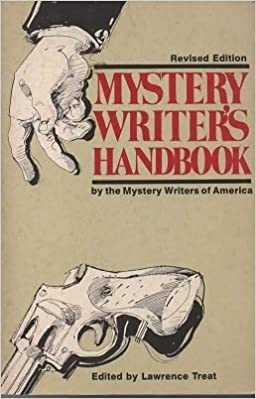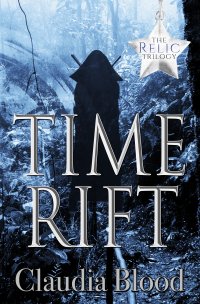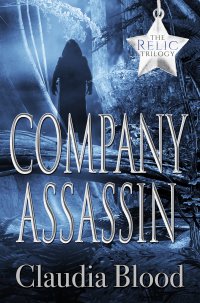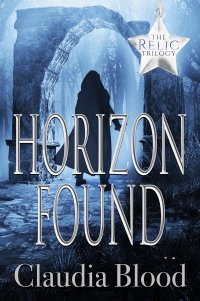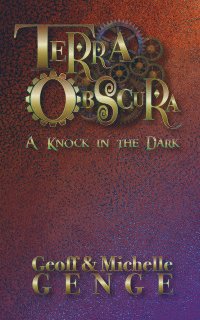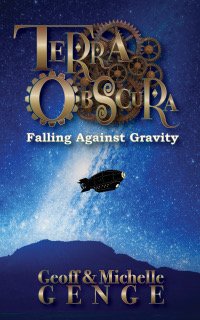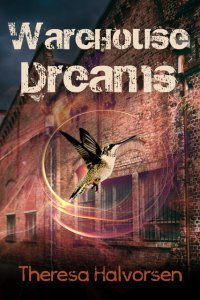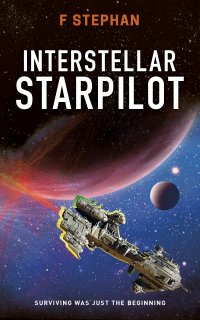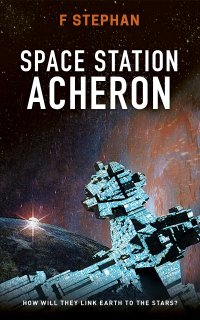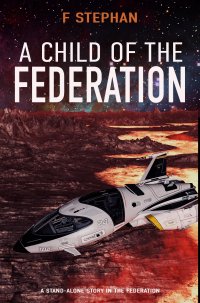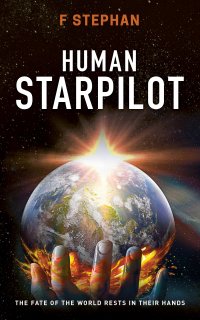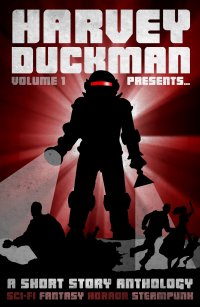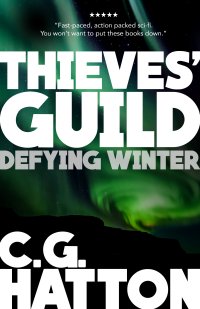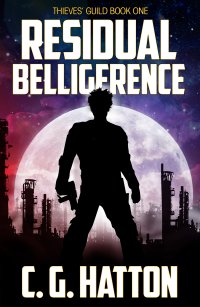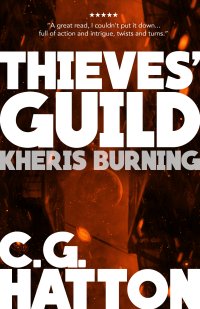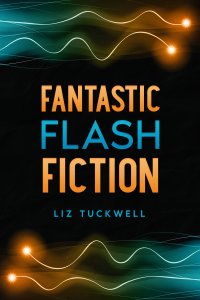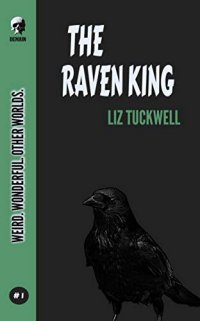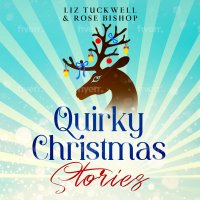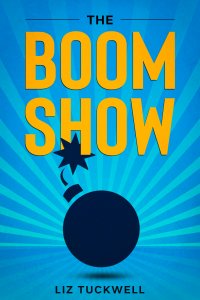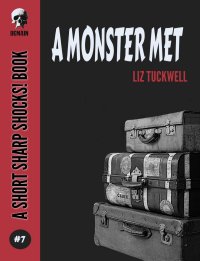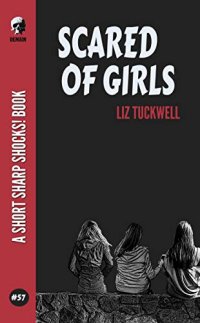(This post originated as “Ruminations Part 3 – Sensitivity Readers, Part 5 – I can’t talk to women anymore”, but I’m tired of the sensitivity reader thread, aren’t you?)
My first rumination can be found at Ruminations Part I – “Your eyes are completely healed”
My second at Ruminations Part 2 – Numbers lead to informed decisions
Rumination Part 3-1 is Ruminations Part 3 – Sensitivity Readers, Part 1
Rumination Part 3-2 is Ruminations Part 3 – Sensitivity Readers, Part 2
Rumination Part 3-3 is Ruminations Part 3 – Sensitivity Readers, Part 3 – I Take a “Writing the Other” class
Rumination Part 3-4 is Ruminations Part 3 – Sensitivity Readers, Part 4 – Is your character POC or POM?
It started long ago, I’m sure. A slow dawning, a creeping awareness.
I’ve thought about it for a while. It started innocuously; a character in one of my works-in-progress knows what other characters think, how they’ll respond, what they’ll do.
Study consciousness and this ability shows up as Theory of Mind. The literature is full of it. While not calling it telepathy or mind-reading or whatever, most people do it automatically because it’s part of how we function in society; we hear something in someone’s voice and know they’re having a bad day. The truth is we’re assuming they’re having a bad day because having a bad day would cause our voices to sound the way theirs does (if you’re ravenously interested in exploring this, read my Reading Virtual Minds Volume I: Science and History. It’s rife with this stuff).
This works pretty well as long as you’re in the same cultural group as the other person.
Fails miserably when you’re from different cultural groups, which is why well done First Contact stories are wonderful reads.
The Foreigner, the Other, the Stranger
I mention off and on about the technology Susan and I created (it’s documented in that Reading Virtual Minds book I mention above). Give it a some digital communication – an email, a company organ, a business brief, whatever – and it can determine how psycho-emotively close the author feels to their reader (just one of its many abilities). One thing we discovered quick was lots of business communications authors viewed their audiences adversarially at best and as completely alien at worst (the technology provided suggestions for both tightening and loosening that bond).
The technology broke social distance – the bond between author and audience – into five degrees of separation: Otherness, Strangerness, Difference, Sameness, and Selfness. Phrasically these would be:
- Selfness – I/me
- Sameness – We/us
- Difference – I/we, you/them
- Strangerness – Us, Not-Us
- Otherness – I/we/us, WTF?
Most fictional aliens are variants of recognizable earth lifeforms. That’s why most StarTrekTM aliens had two arms, two legs, a head, eyes, ears, nose, mouth… Didn’t matter where the aliens originated, they pretty much had the same bilateral symmetry humans have. Want to indicate the alien was nasty? Make him bilaterally non-symmetric. No Borg (except the Queen Mum and 7of9) had bilateral symmetry. They all had some kind of projection coming out of them somewhere or a huge prosthetic attached somewhere (simply put, they were out-of-balance). The Queen Mum and 7of9 were exceptions because their purpose (scriptwise) was to interact with and/or seduce humans (a different kind of assimilation, if you will).
Continue reading “Ruminations Part 4 – I can’t talk to women anymore”

